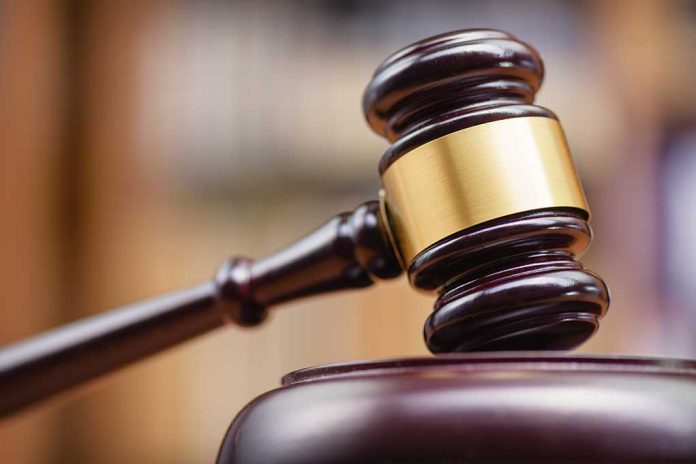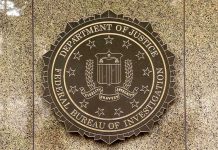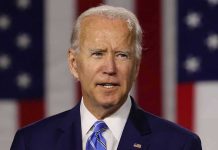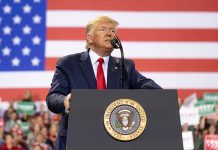
Donald Trump’s legal team is invoking presidential immunity in an attempt to dismiss charges in a Manhattan business records case.
At a Glance
- Motion filed citing “Presidential immunity doctrine, the Presidential Transition Act, and the Supremacy Clause.”
- The Constitution allegedly bars prosecution of Trump before inauguration.
- Manhattan DA Alvin Bragg’s response due by December 9.
- Trump’s team cites Biden’s pardoning of Hunter as selective prosecution.
- Dismissal seen as key for national focus and safety in NYC.
Trump’s Legal Strategy
Trump’s legal team filed a motion to dismiss the business records case in Manhattan, relying on constitutional provisions. They argue that the Presidential immunity doctrine, the Presidential Transition Act, and the Supremacy Clause should shield Trump from prosecution. This, they state, aligns with federal legal principles, which protected a sitting president from federal indictment. The urgency in their filing emphasizes the need to avoid hindering Trump’s presidential duties, according to Google AI Interview.
The motion references President Biden’s pardon of his son, Hunter Biden, as an example of selective prosecution. Trump’s lawyers argue this case compromises the transfer of power and Trump’s electoral mandate. Steven Cheung, soon to be White House communications director, supports this stance, describing the motion as a powerhouse. The argument underscores what they see as an infringement of presidential transition prerogatives.
Pending Judicial Response
The Manhattan District Attorney has until December 9 to respond to the motion. Trump’s legal team asserts that proceeding with the case impedes the president-elect’s transition efforts. They urge Judge Juan Merchan to dismiss, thereby alleviating this burden and allowing focus on national matters. The team believes a dismissal would benefit public safety in New York City as well.
“Wrongly continuing proceedings in this failed lawfare case disrupts President Trump’s transition efforts,” as stated by Trump’s lawyers.
The timeline for the court’s decision remains unsettled. If the motion is rejected, Trump’s team plans to appeal, referencing Supreme Court rulings on prosecutorial actions against former presidents. The state case presents unique legal obstacles since presidential pardons are not an option for state crimes, thereby adding complexity to Trump’s legal strategies moving forward.
Trump Lawyers Call for ‘Immediate Dismissal’ of Manhattan Business Records Casehttps://t.co/Et0Ro02lTd pic.twitter.com/9UIkUrtXJ3
— ✨Rojas✨ (@mcucolo57) November 21, 2024
Key Arguments and Implications
Trump’s attorneys advocate that dismissal would remove a major obstacle, facilitating a seamless transition into office. The legal motion also posits that addressing such charges is counterproductive and urges cessation. The larger legal community remains attentive, considering the motion’s potential implications on state and federal authority dynamics involving high-profile public figures.
“Constitution’s prohibition on federal indictment and prosecution of a sitting President,” as stated by the SCO [the special counsel’s office].
Observations of similar motions being rejected in federal circles underpin the attorneys’ urgency. Despite setbacks, they anticipate successful appeal endeavors if district rulings do not favor their motion. In essence, the case represents a pivotal aspect of Trump’s incoming administration, underscoring tensions between legal precedents and executive duties.














